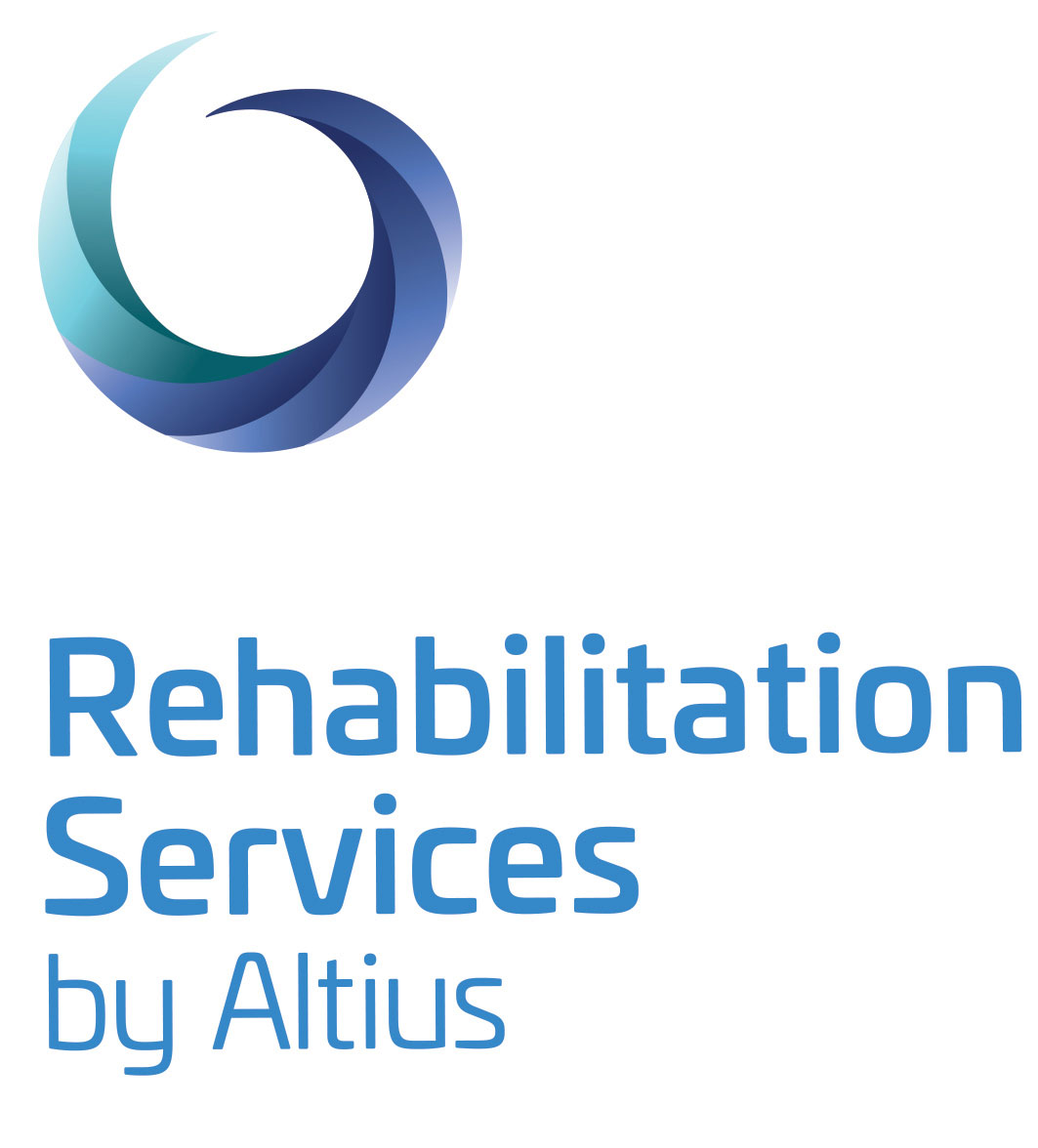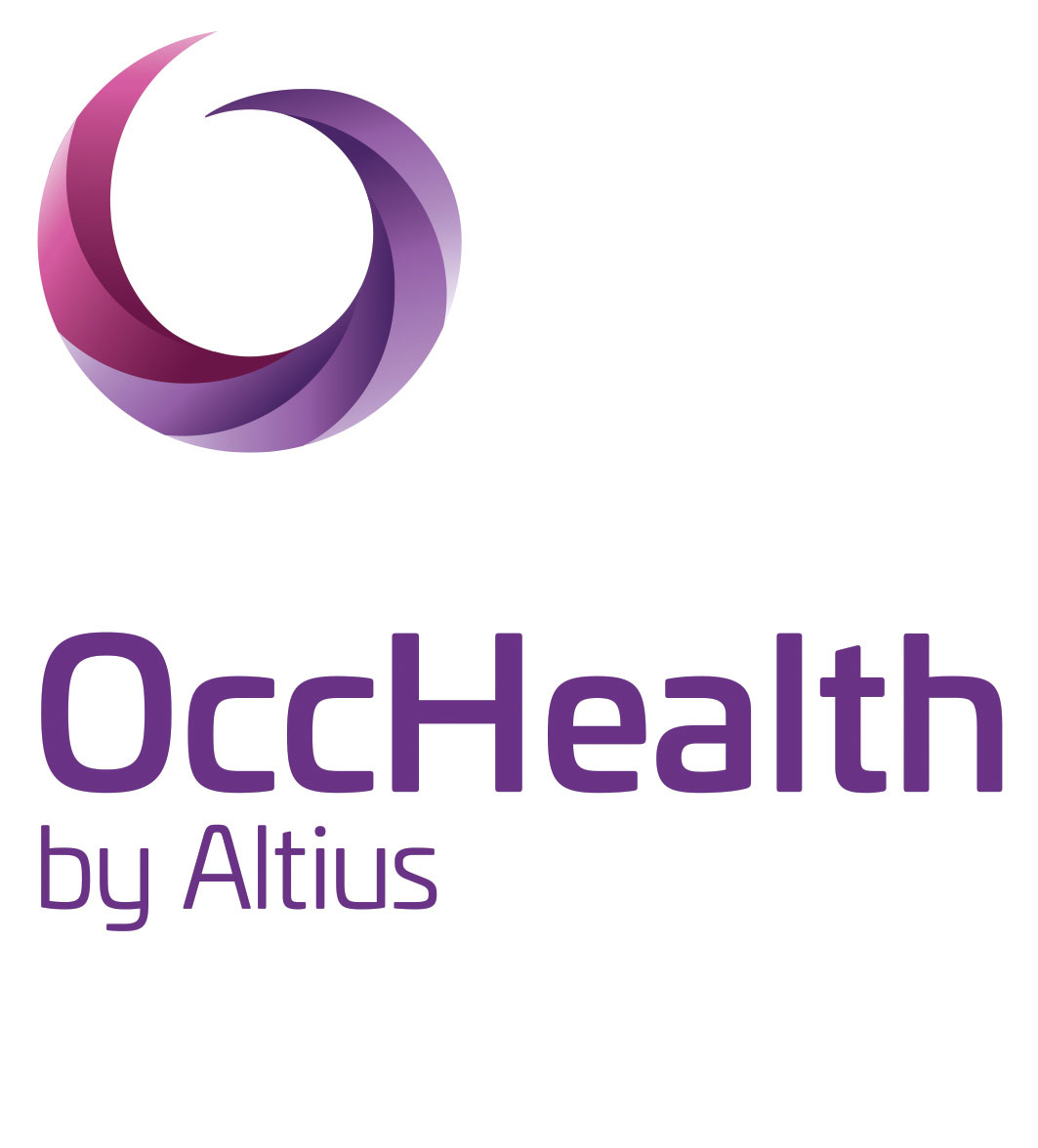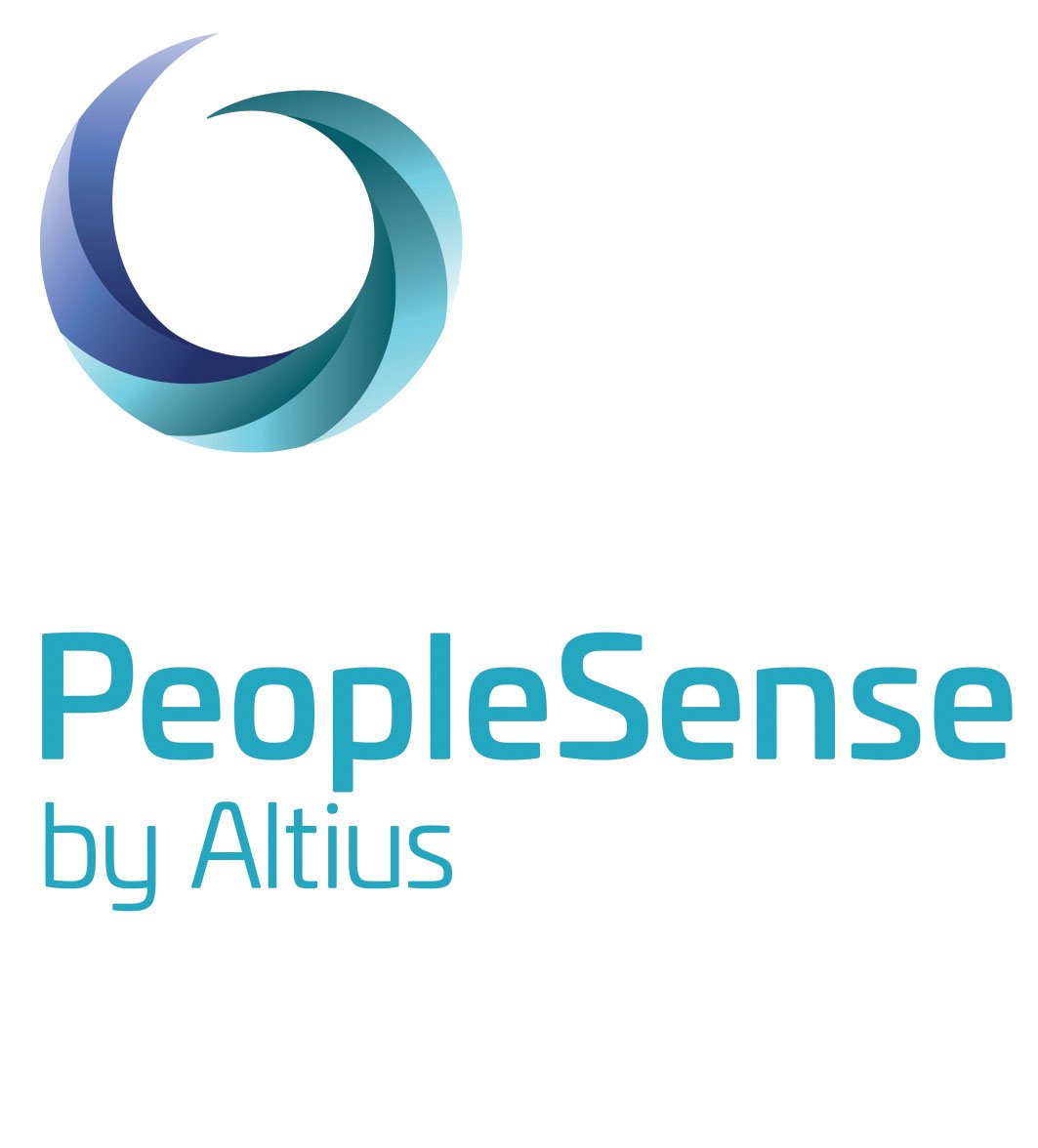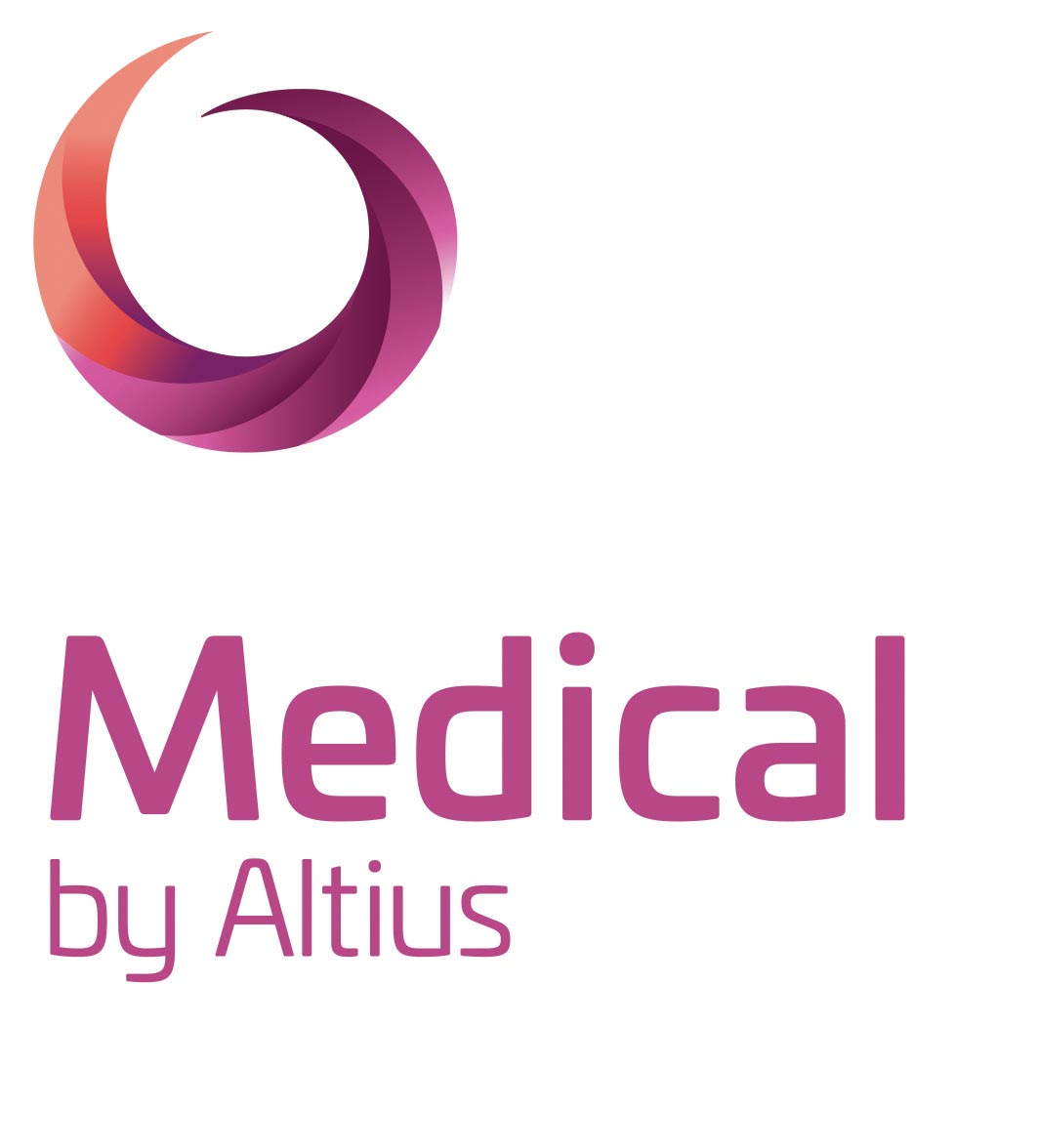Critical Incident Response
This is the phone number for a critical incident response only and goes direct to PeopleSense by Altius.
For Altius Group general enquires, please contact us or call us at 1800 258 487 during business hours.
If you would like to proceed with this call, please click on the button below.
Workplace ergonomic assessments and training helps employees create a better match between themselves, the work they do and the equipment they use. This is done through the promotion of workplace health, focusing on minimising the risk of injuries that are common to office workers, boosting productivity and morale, as well as decreasing staff turnover and absenteeism.
What is the Difference Between Ergonomic Assessments and Training?
Ergonomic Assessments and Training are both useful tools to support employees within the workplace, however, serve different needs within an organisation.
The ergonomic assessment can be very valuable to ensure all employees working from home are properly set up.
Ergonomics Training
Ergonomics Training is facilitated by one of our experienced consultant and is tailored to your organisational needs. It is typically a 60 minute presentation of theoretical and practical knowledge which provides education on safe work postures and its benefits.
- Education for employees on power positions - the optimal positions in which to complete tasks.
- Safe work postures, appropriate working angles of the upper limbs, sitting positions, viewing angles and optimal workstation layout.
- Provision of guidance on how to make basic ergonomic adjustments to workstations.
- Exploration of the duration of work, balancing the physical and mental demands of tasks and the importance of stretch breaks and regular posture variation.
- Examination of ergonomics principles and how they apply to individual working arrangements such as hot desking.
- Discussion of the benefits of standing as well as the advantages, disadvantages and management of standing desks.
- Allows time for discussion on ergonomic issue specific to each workplace.
Rehabilitation Services are able to provide comprehensive Ergonomic Assessments and Mini Ergonomic Assessments dependent upon business and worker needs.
Ergonomic Assessment
For workers who have a current injury or condition that may be impacted by their ergonomic set up, or as part of WHS practice, an Ergonomic Assessment involves involve a full assessment completed by an experienced Occupational Therapist and a comprehensive individual report with recommendations.
The assessment and report will typically include a review of the following:
- Review of injury / condition including nature of condition; current medical treatment and rehabilitation; current symptoms; and past medical history and co-morbidities
- Current work practices and physical demands
- Workstation review including assessment of posture; chair; desk; monitor; keyboard; mouse; phone; need for additional equipment.
- Functional education
- Recommendations on posture and for assistive devices
Mini Ergonomic Assessment
A mini ergonomic assessment is an assessment conducted as a preventative measure and as part of a new worker induction for example. This assessment can also be completed following an office refurbishment or as a foundation for WHS strategies. This involves a brief assessment and summary report or email. The assessment and report will typically include a review of the following:
- Current work practices and physical demands.
- Workstation review including assessment of posture; chair; desk; monitor; keyboard; mouse; phone; need for additional equipment.
- Functional education.
- Recommendations for assistive devices.
Both training and assessments can be facilitated at any workplace, or alternatively, can be completed virtually if required.
Why is Workplace Ergonomics Important?
A poor ergonomic set up or lack of ergonomic principles being effectively used within the workplace or at home can lead to numerous acute and long term health issues, particularly musculoskeletal injuries. Practising the use of good ergonomic principles within the workplace assists to reduce the incidence of injury at work and discomfort and can also improve efficiency and productivity.
Benefits of Ergonomic Assessments and Training
Successful implementation of ergonomic principles within the workplace is beneficial for both the employee and the employer! Ergonomic Assessments and / or
Training ensure that organisations are optimally positioned to ensure employee wellbeing and reduce the risk of injury.
For Employees
- Increases comfort and improves health.
- Assists with improving concentration and thus productivity.
- Reduces the risk of injury.
- Encourages a safe workplace for you and your colleagues.
For Employers
- Improves employee comfort.
- Improves employee engagement, productivity and quality.
- Improves safety / wellness awareness and culture.
- Reduces injury, thus reducing cost and lost time.
Our Ergonomic Assessment and Training Services
Workplace Assessments
Altius Group also facilitate Workplace Assessments, which involve assessment of the physical / psychological demands of the assessed role within the workplace. Our qualified consultants consider workplace modifications including equipment to support participation in work. As part of our Workplace Assessments, Altius Group also considers optimal ergonomic principles within the procedure, equipments and movements being used to perform the task.
Ergonomics Training
Ergonomics Training is facilitated by one of our experienced Occupational Therapists and is tailored to your organisational needs. It is typically a 60 minute presentation of theoretical and practical knowledge which may encompass the below:
- Education for employees on power positions - the optimal positions in which to complete tasks.
- Safe work postures, appropriate working angles of the upper limbs, sitting positions, viewing angles and optimal workstation layout.
- Provision of guidance on how to make basic ergonomic adjustments to workstations.
- Exploration of the duration of work, balancing the physical and mental demands of tasks and the importance of stretch breaks and regular posture variation.
- Examination of ergonomics principles and how they apply to individual working arrangements such as hot desking.
- Discussion of the benefits of standing as well as the advantages, disadvantages and management of standing desks.
- Training for employees involved in lifting, pushing, pulling and carrying as part of their work on correct manual task handling - focusing on correct postures, positioning and breathing.
- Allows time for discussion on ergonomic issue specific to each workplace.
Rehabilitation Services are able to provide comprehensive Ergonomic Assessments and Mini Ergonomic Assessments dependent upon business and worker needs.
Ergonomic Assessment
- For workers who have a current injury or condition that may be impacted by their ergonomic set up, or as part of WHS practice, an Ergonomic Assessment involves involve a full assessment completed by an experienced Occupational Therapist and a comprehensive individual report with recommendations.
- The assessment and report will typically include a review of the following:
- Review of injury / condition including nature of condition; current medical treatment and rehabilitation; current symptoms; and past medical history and co-morbidities
- Current work practices and physical demands
- Workstation review including assessment of posture; chair; desk; monitor; keyboard; mouse; phone; need for additional equipment.
- Functional education
- Recommendations for assistive devices
Mini Ergonomic Assessment
Where several workers may need to be assessed at once for cost efficiency, as part of a new worker induction, following an office refurbishment or as a foundation for WHS strategies, a Mini Ergonomic Assessment may be more appropriate. This involves a brief assessment and summary report or email. The assessment and report will typically include a review of the following:
- Brief review of injury / condition including nature of condition and current symptoms.
- Current work practices and physical demands.
- Workstation review including assessment of posture; chair; desk; monitor; keyboard; mouse; phone; need for additional equipment.
- Functional education.
- Recommendations for assistive devices.
Both training and assessments can be facilitated at any workplace, or alternatively, can be completed virtually if required.
Frequently Asked Questions
How much do these ergonomic services cost?
Altius Group would welcome the opportunity to provide a proposal with our costing break down which would be tailored to suit your needs.
Ergonomics Training – typically a 60 minute session. Development of a tailored presentation for the organisation if required would incur an additional charge dependent upon tailoring required. A typical ergonomics training session would be $500 exc GST per 60 minute session (up to 15 people), excluding travel which is charged from our nearest office.
Ergonomic Assessment – varies dependent upon time taken and worker needs. A comprehensive assessment and a report would be $500 exc GST or a comprehensive ax and mini report or email $250 exc GST excluding travel which is charged from our nearest office.
Mini Ergonomic Assessment – typically 15 minutes for the assessment and a mini report. Costing may vary as discounts are able to be provided for a large number of assessments. Each mini assessment would typically be $180 exc GST excluding travel which is charged from our nearest office.
What is ergonomics in the workplace?
Ergonomics is the science of fitting a workplace to a user’s needs with the purpose of increasing productivity and efficiency whilst also reducing discomfort and preventing injury. It ensures that computer workstations are set up to meet the needs of the worker/s using it; and that ergonomic principles are used during performance of work related tasks.
What is an ergonomic assessment?
An Ergonomic Assessment is an assessment of a worker at their computer workstation to ensure correct workstation set up and working postures within ergonomic principles.
For workers who have a current injury or condition that may be impacted by their ergonomic set up, or as part of WHS practice, an Ergonomic Assessment involves involve a full assessment completed by an experienced Occupational Therapist and a comprehensive individual report with recommendations.
Where several workers may need to be assessed at once for cost efficiency, as part of a new worker induction, following an office refurbishment or as a foundation for WHS strategies, a Mini Ergonomic Assessment may be more appropriate. This involves a brief assessment and summary report or email.
What’s involved in ergonomic training?
It is typically a 60 minute presentation of theoretical and practical knowledge which may encompass the below:
- Education for employees on power positions - the optimal positions in which to complete tasks.
- Safe work postures, appropriate working angles of the upper limbs, sitting positions, viewing angles and optimal workstation layout.
- Provision of guidance on how to make basic ergonomic adjustments to workstations.
- Exploration of the duration of work, balancing the physical and mental demands of tasks and the importance of stretch breaks and regular posture variation.
- Examination of ergonomics principles and how they apply to individual working arrangements such as hot desking.
- Discussion of the benefits of standing as well as the advantages, disadvantages and management of standing desks.
- Training for employees involved in lifting, pushing, pulling and carrying as part of their work on correct manual task handling - focusing on correct postures, positioning and breathing.
- Allows time for discussion on ergonomic issue specific to each workplace.











 Contact Us
Contact Us 1800 258 487
1800 258 487